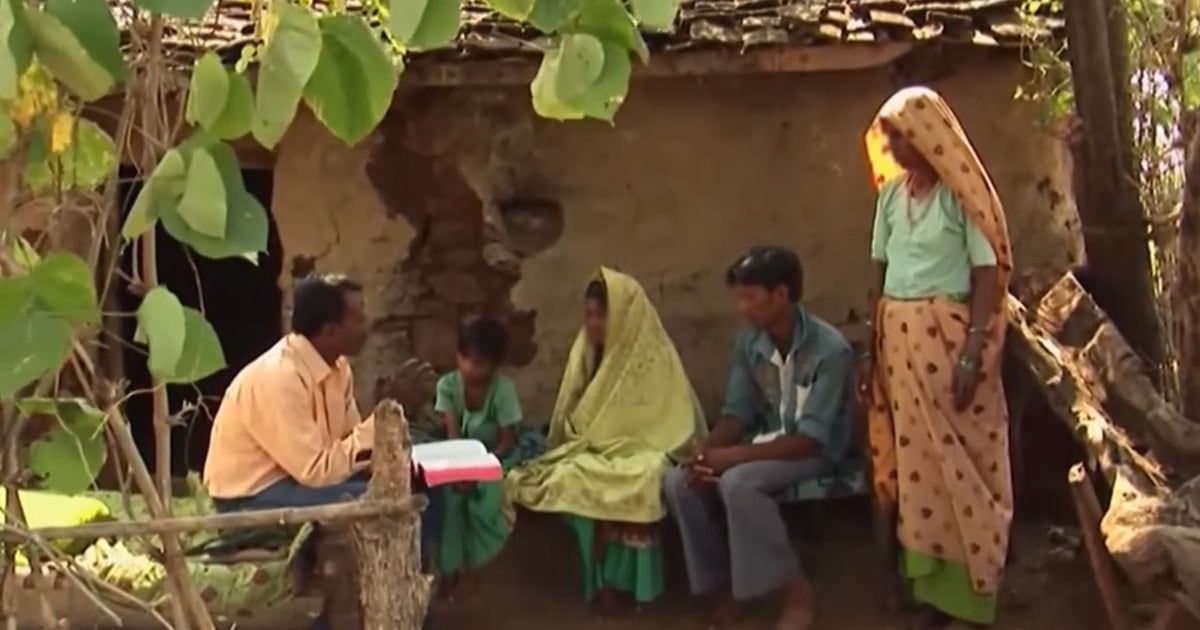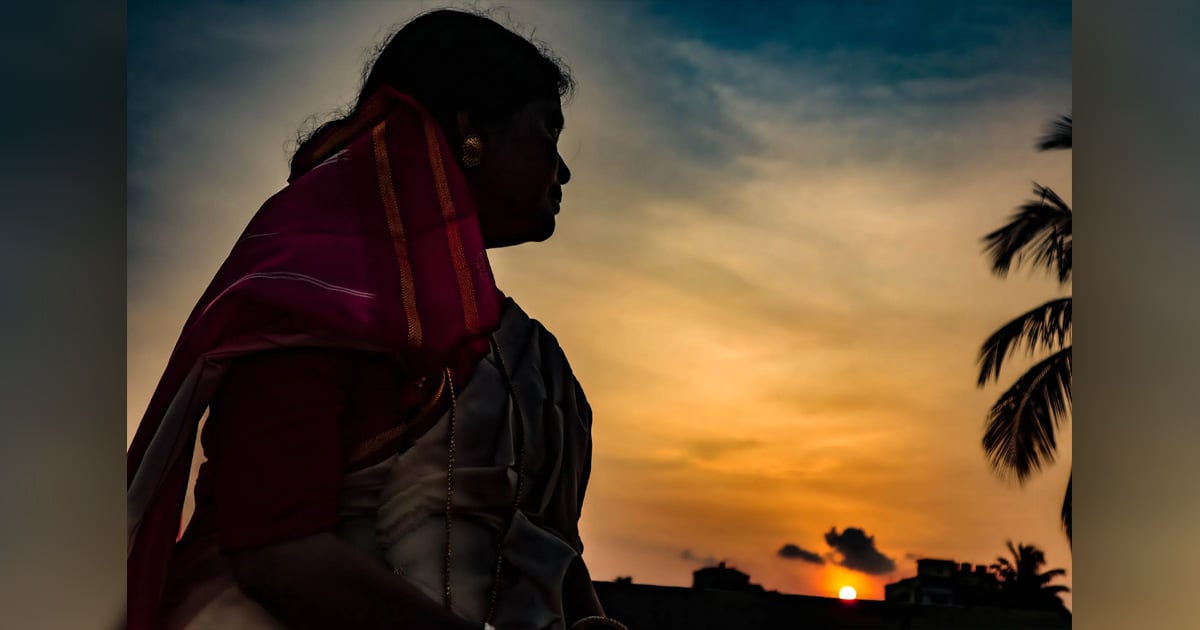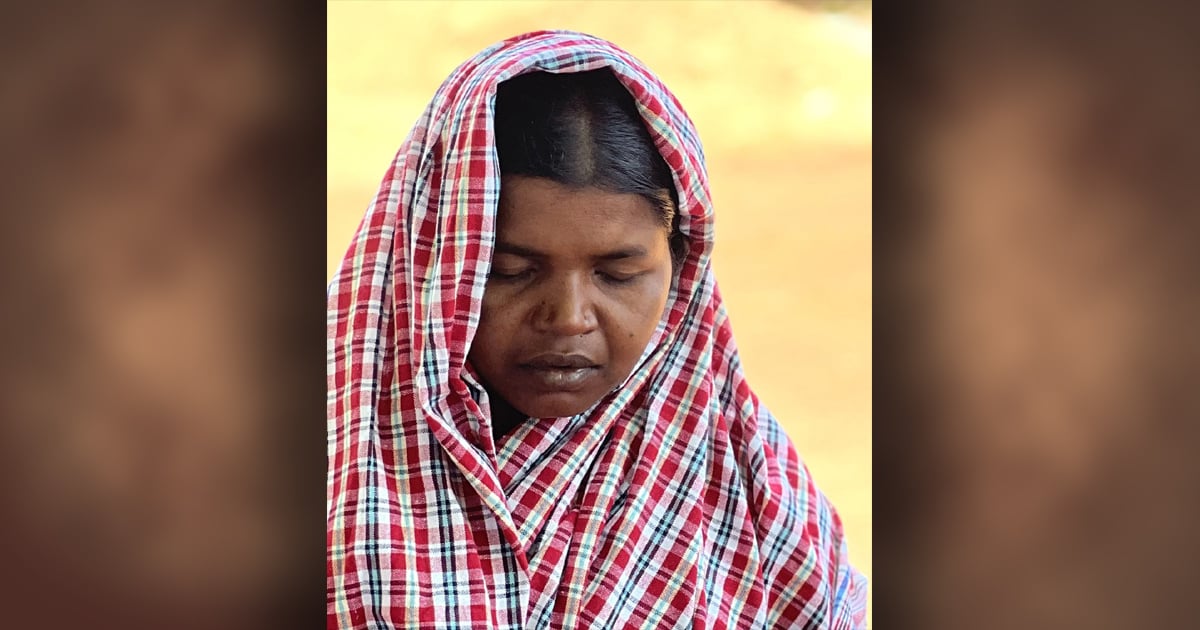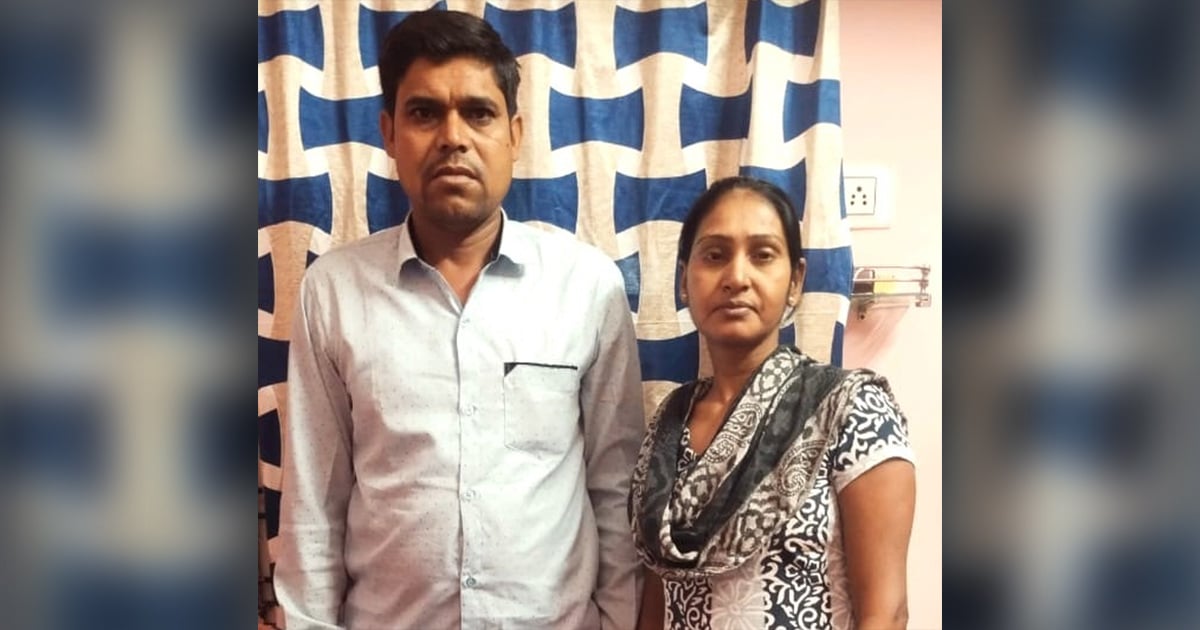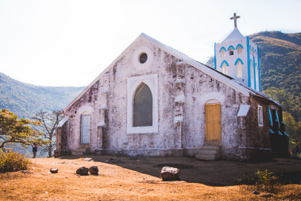
As militant Hinduism takes control of local, state and federal governments in India, concerns about religious freedom have been increasing. Though India is officially secular and the world's most populous democracy, Hindu nationalism remains strong. New legislation and polices have highlighted the challenges.
At least ten states across the country have passed regulations restricting religious conversions. Under a proposed law in Uttar Pradesh, which was introduced on November 22nd, anyone wishing to convert must submit an affidavit to a judge one month before conversion. Anyone found to have exerted pressure to cause a conversion could face seven years in prison. If the conversion is found to be for the purpose of marriage, a similar sentence could be imposed, or the marriage may be annulled. Accusations of forcible conversions have been frequently used against Christians in other states, without any proof of these claims, in attempts to oppress these believers and stop the spread of the Gospel.
A new citizenship law passed by the Indian parliament on December 12th places specific religious restrictions on citizenship. According to a report from the United States Commission on International Religious Freedom, the result of the law has left 1.9 million people in the state of Assam without citizenship because they are Muslim. The legislation has further stated that those coming from neighbouring countries such as Pakistan or Bangladesh are welcome to become citizens of India if they are Hindu, Sikh or Christian, which excludes anyone who is Muslim.
This legislation has led to mass protests across India, as people voice their disapproval with this government action. Some are protesting the religious exclusions, while others are against increased immigration. International concerns have also been raised, including calls for sanctions, unless India respects the rights of all people equally.
For Christians in India, this could appear to be positive on a surface level, since Christianity is a qualifying religion. However, Todd Nettleton from VOM USA suggests the inclusion of religious affiliation other than Hinduism may be a public relations effort to demonstrate that this is not a Hindu nationalist law, since it allows others. A question also remains whether modifications in the future may expand the religious restrictions. Christians around the world are called upon to pray and express their concerns, since freedom of religion is a fundamental tenant of a democratic society. Therefore, determining citizenship based on religion degrades the very concept of 'freedom of religion and thought.' To read our country report or review previously posted situations of persecution, go to this page.
Please prayerfully remember India's Christian citizens as they face ongoing pressure from Hindu nationalists who are attempting to restrict their freedoms or make false accusations against them. Pray that they will not be paralyzed by fear but will continue sharing the message of Jesus' love and thus fulfill the Great Commission. May all the various people groups of India, including its governmental leaders, endeavour to resolve their differences in a respectful manner, so that unity and peace throughout the country will prevail.

 Population
Population